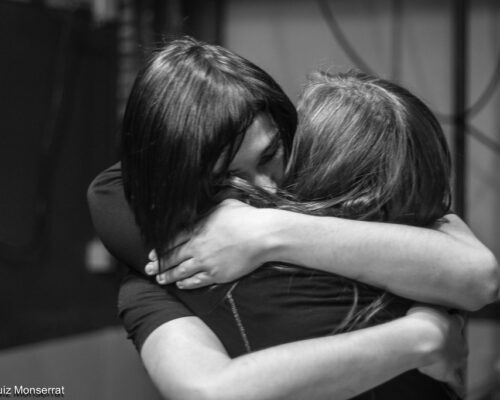
How I See the World
I have taken a number of personality tests and learned much from them over my lifetime. They are all valuable. Each in its own way has helped me to understand myself and others better. Each has helped me learn about my strengths and weaknesses and has showed me how to collaborate better with other personalities. None has opened my eyes quite like the Enneagram.
I just finished reading The Road Back to You: An Enneagram Journey to Self-Discovery by Ian Morgan Cron and Suzanne Stabile. My personality type unsurprisingly is a 1, the perfectionist. Now this was not at all new to me. I have been a perfectionist all my life, and I have worked hard to overcome the tyrannical hold that perfectionism has on my life. The take-away for me was not what I am, but how I see.
As I read about each of the different types, I realized for the first time that what makes me different is how I see things. It is not in how introverted or extroverted I am, nor is it about how I take in information. I am different because I see the world differently. My vision always jumps to what is wrong and my first thought is how to fix it.
I can walk into my house and immediately see the crooked picture on the wall or the dog hairs along the baseboard. It is almost impossible not to immediately go into cleaning mode. When I have finished a task, my first thought is how to make it better the next time. Of course the task is not finished unless I have gone over it in minute detail many times, in order to make sure that it is perfect. There is a voice in my head that relentlessly critiques everything I do.
None of this is new. What is new for me is that everyone doesn’t see the same way I see. I assume that everyone notices the crooked picture or the dirt, but that they just don’t want to do anything about it. How could they not see the baked on food on the stove or the grit on the counter top. Why can’t they do things “right?” Why do I always have to fix things to make them right?
The truth of the matter is that other types don’t see what I see. They don’t have the inner critic that calls for everything to be just so. They don’t see the dirt, the dirty dishes in the sink, the clutter on the counter – not the same way I see it, anyway. While their eyes may see the physical mess, it doesn’t register in their brain like it does in mine. When they see mistakes or dirt or clutter, they don’t feel an immediate gut reaction to clean it up or make it better.
Of course as a perfectionist, I want to beat myself up because I didn’t discover this basic truth before I became an elder. As a recovering perfectionist, I am telling myself, “better late than never.” Now that I understand how I see, I am more able to give grace to those who don’t see in the same way. I now know to blame less and communicate more. Most of all, I am working to give myself the same grace I give to others. I can’t fix the world; sometimes I can’t even fix myself. But I can understand that everyone’s vision is not the same as mine and work to become less blaming and judgmental. While I may never be able to not see what is wrong, I can learn to focus on what is right.
Barbara Garland
January, 2023









-
Tagged courage, Politics, Speaking My Truth, spirituality